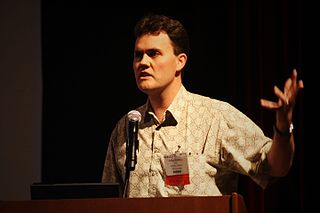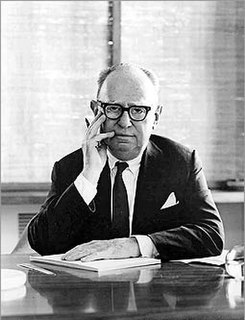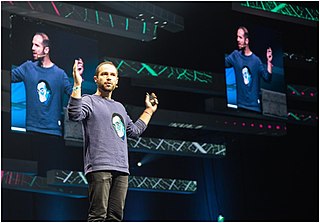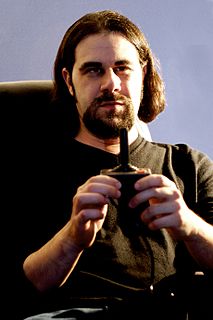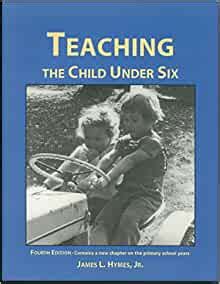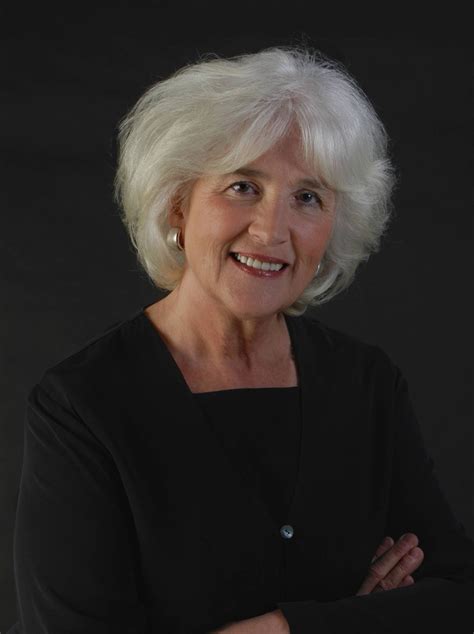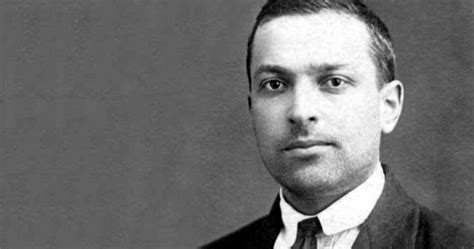A Quote by Jesse Schell
A game is a problem-solving activity, approached with a playful attitude
Related Quotes
The most dangerous thing that can happen to us, I think, is to permit a feeling to develop that any client is a problem. I have always taken the attitude that no account is a 'problem account' but that all accounts have important problems attached to them - that you can waste more time and burn up more nervous energy by fighting a problem than by taking a positive attitude and solving it. It sure gives you a nice, warm glow when you do.
Play for young children is not recreation activity, It is not leisure-time activity nor escape activity. Play is thinking time for young children. It is language time. Problem-solving time. It is memory time, planning time, investigating time. It is organization-of-ideas time, when the young child uses his mind and body and his social skills and all his powers in response to the stimuli he has met.
If we parents accept that problems are an essential part of life's challenges, rather than reacting to every problem as if something has gone wrong with the universe that's supposed to be perfect, we can demonstrate serenity and confidence in problem solving for our kids.By telling them that we know they have a problem and we know they can solve it, we can pass on a realistic attitude as well as empower our children with self-confidence and a sense of their own worth.
The first and foremost duty of the high school in teaching mathematics is to emphasize methodical work in problem solving...The teacher who wishes to serve equally all his students, future users and nonusers of mathematics, should teach problem solving so that it is about one-third mathematics and two-thirds common sense.
